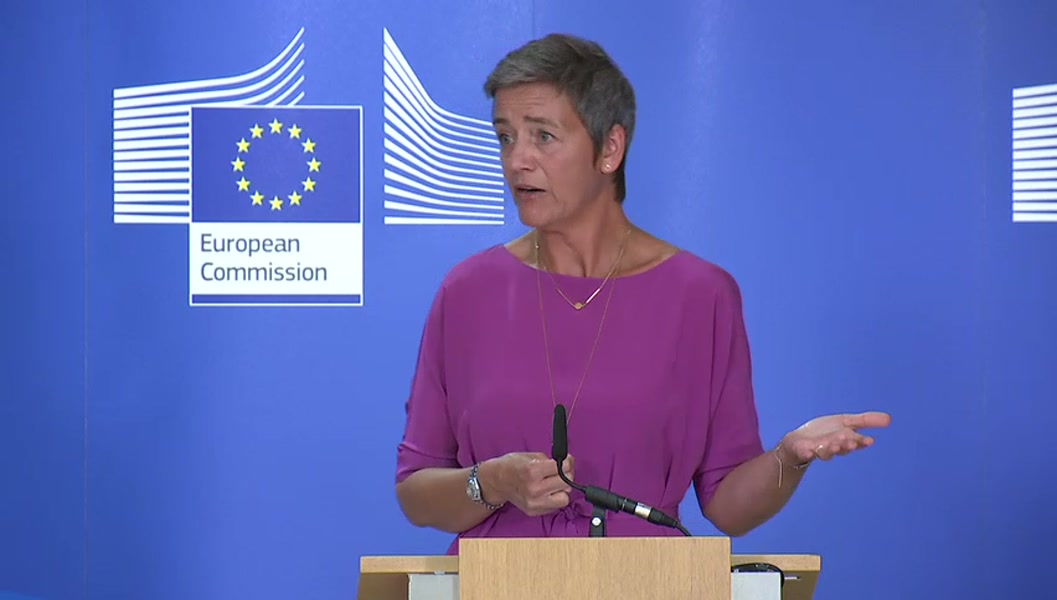TikTok has agreed to “permanently withdraw” a rewards programme from the EU after the bloc raised concerns about the feature’s potentially “addictive effect”, the European Commission said.
The move was the first resolution of a case under the EU’s Digital Services Act (DSA), which went into effect in February and aims to place greater safety and accountability requirements on the largest digital platforms.
TikTok made the commitment without conceding it had broken the DSA, officials said.
Digital affairs commissioner Margrethe Vestager said the “legally binding” withdrawal “sends a clear message to the entire social media industry”.

Rewards programme
“Design features on platforms with addictive effects put the well-being of their users at risk,” Vestager stated.
“That’s why we have made TikTok’s commitments under the DSA legally binding.”
The case involves the Rewards feature of TikTok Lite, a low-bandwidth version of the app released in Spain and France in April.
TikTok Lite Rewards allowed users to earn points for activities such as following creators, liking content or inviting friends to join the platform.
The points could be redeemed for Amazon vouchers or PayPal gift tokens.
TikTok said the programme was restricted to users over 18 who had to verify their age. Users could watch up to one hour of videos per day to earn the rewards, which were capped at one euro (86p) per day.
Multiple probes
The Commission opened the case in April arguing TikTok had properly assessed the feature for potentially addictive effects, especially for children, adding that it suspected the “absence of effective age verification mechanisms on TikTok”.
The TikTok Lite Rewards case is separate from an ongoing DSA probe filed in February focusing on TikTok’s protection of minors, advertising transparency, data access for researchers and mitigating risks of behavioural addiction and harmful content.
TikTok also faces a lawsuit filed on Friday by the US Department of Justice and Federal Trade Commission against the platform and parent company ByteDance claiming they failed to protect children’s privacy.
The suit claims TikTok violated the Children’s Online Privacy Protection Act (COPPA), a federal law prohibiting the collection, use or disclosure of personal information from children under 13 without parental consent.
TikTok said it strongly disagreed with the suit’s claims.




